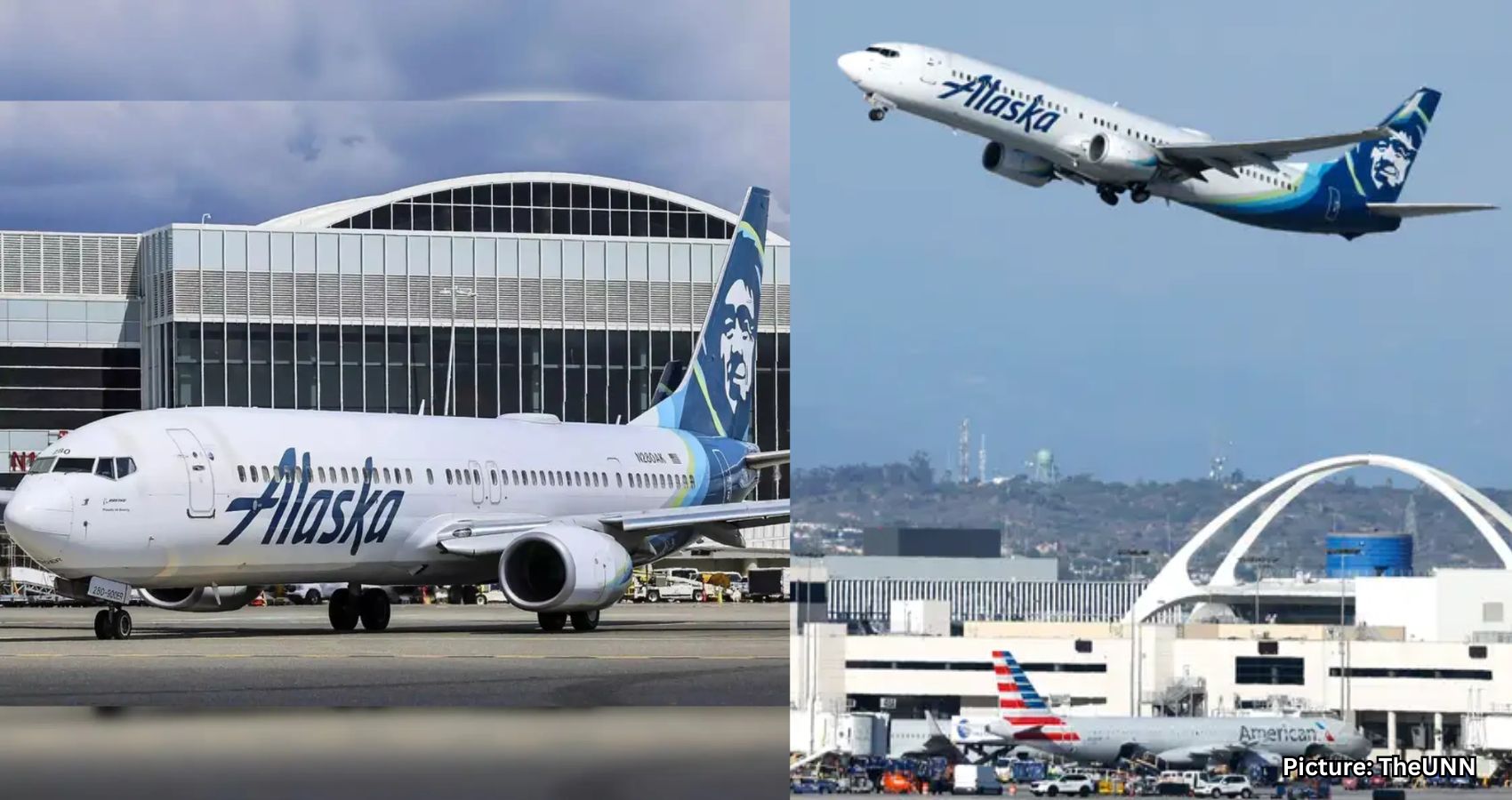Alaska Airlines has resumed operations following a nationwide IT outage that caused significant flight cancellations and disruptions, showcasing the airline’s resilience and commitment to customer service.
Alaska Airlines is back in operation after a significant technical issue prompted a nationwide ground stop. The Seattle-based airline, which also operates Horizon Air and Hawaiian Airlines, announced via social media at 3:24 a.m. ET on Friday that it had restored operations following the outage.
Founded in 1932 as McGee Airways, Alaska Airlines is headquartered in SeaTac, Washington, and has grown to become the fifth-largest airline in North America. The airline operates a fleet of 328 aircraft, including Boeing 737s and Embraer 175s, and serves 128 destinations across the U.S., Canada, Mexico, and Costa Rica. Major hubs include Seattle/Tacoma, Los Angeles, San Francisco, Portland, San Diego, and Anchorage. Alaska Airlines also offers the Atmos Rewards loyalty program, which allows frequent flyers to earn miles efficiently.
In 2024, Alaska Airlines expanded its operations by acquiring Hawaiian Airlines, further enhancing its reach across the Pacific. Despite recent operational challenges, including the October IT outage that temporarily grounded all flights, the airline has been recognized for its exceptional service. It earned the 2026 APEX Five Star Major Airline award for cabin comfort, service, and inflight amenities.
The ground stop was lifted at 11:30 p.m. Pacific time, with the airline stating that it was working diligently to restore operations as quickly and safely as possible. Alaska Airlines reported over 229 flight cancellations due to the outage and warned that additional disruptions were likely as the airline repositioned aircraft and crews throughout its network.
“We appreciate the patience of our guests whose travel plans have been disrupted,” the airline stated. “We’re working to get them to their destinations as quickly as we can. Before heading to the airport, we encourage flyers to check their flight status. A flexible travel policy is in place to support guests as operations return to normal following the IT outage.”
This incident underscores the heavy reliance of modern airlines on technology to manage complex operations. Even a brief system outage can lead to widespread disruptions, affecting passengers, crew schedules, and overall airport logistics. It highlights the importance of preparedness, quick response, and clear communication in minimizing the impact of unforeseen events.
Alaska Airlines’ efforts to restore operations and support affected travelers demonstrate its resilience and adaptability. Maintaining safety, service quality, and customer trust during unexpected challenges is a core priority for any major carrier. Events like this serve as a reminder to travelers and the industry of the critical role technology plays in aviation and the necessity for robust contingency planning.
The outage also illustrates the broader ripple effects such disruptions can have on the aviation industry. Delays and cancellations at a major carrier like Alaska Airlines can impact connecting flights, airport operations, and even other airlines that share codeshare agreements or utilize the same hubs. While technology enables efficiency and convenience, it also introduces vulnerabilities that necessitate constant monitoring, robust backup systems, and coordinated responses across the network to minimize passenger inconvenience and maintain overall operational stability.
Such incidents highlight the need for airlines to maintain strong contingency plans, effective communication strategies, and rapid response capabilities to ensure safety, minimize delays, and protect customer trust. They serve as a reminder that while technology facilitates efficiency and convenience, it also requires ongoing investment in resilience and adaptability.
Source: Original article

